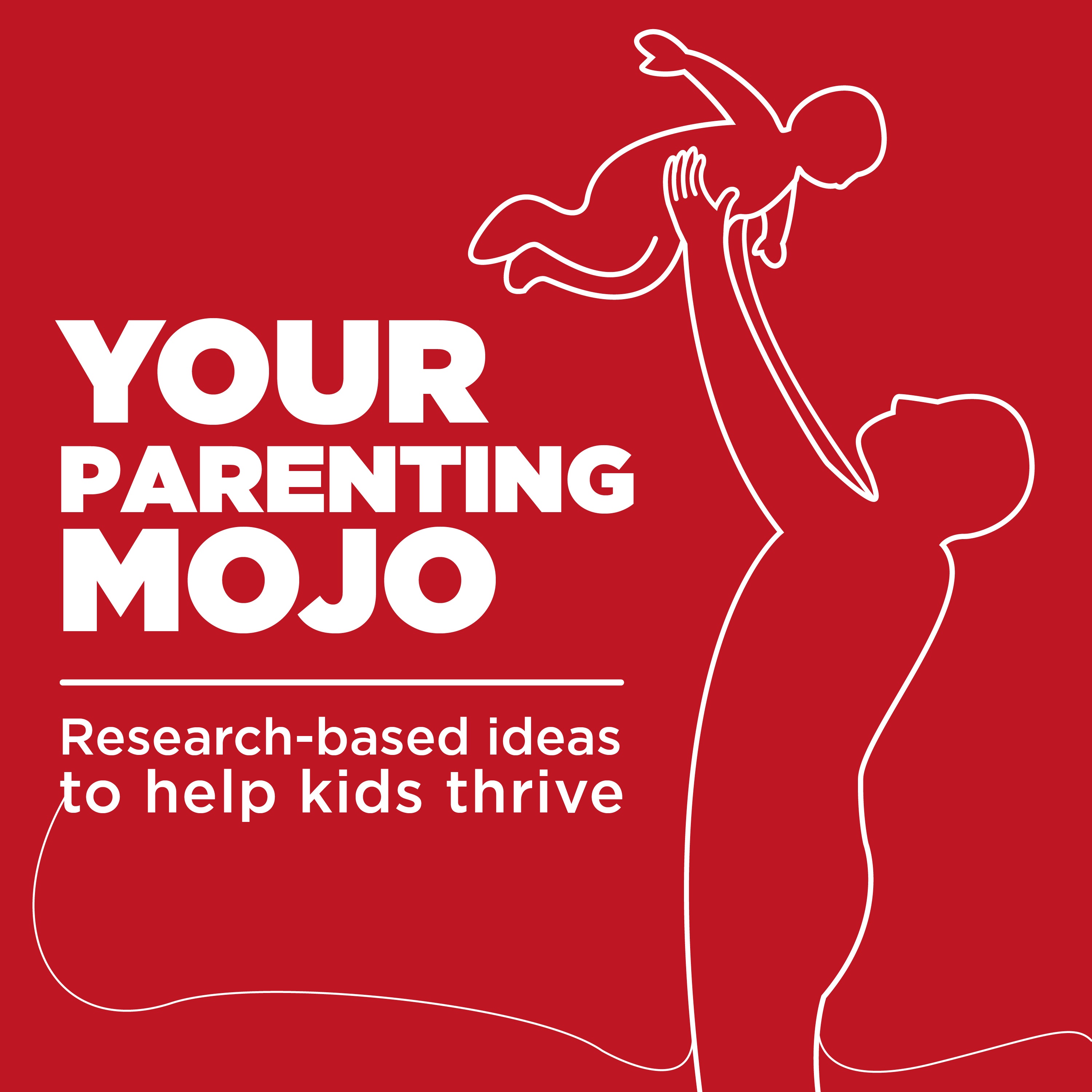045: How parenting affects child development

Isn’t it kind of a “well, duh?” that parenting affects child development? But do we know how? We know it’s not good to have really big fights in front of the kids, but do spousal quarrels screw them up too? Are there really links between a family’s emotional expressiveness and the child’s later academic performance? How does the marital relationship affect parenting, and how does parenting affect the marital relationship? Today we talk with Dr. Laura Froyen, who has a Ph.D in Human Development and Family Studies and seems almost as obsessed with research on child development issues as I am. You can find much more about her work at http://www.laurafroyen.com (www.laurafroyen.com). References Bascoe, S.M., Davies, P.T., Sturge-Apple, M.L., & Cummings, E.M. (2009). Children’s representations of family relationships, peer information processing, and school adjustment. Developmental Psychology 45(6), 1740-1751. Belsky, J. (1984). The determinants of parenting: A process model. Child Development 55(1), 83-96. Bretherton, I., & Munholland, K. A. (1999). Internal working models in attachment relationships: A construct revisited. In J. Cassidy & P. R. Shaver (Eds.), Handbook of attachment: Theory, research, and clinical applications (pp. 89-111). New York: Guilford Press. Buehler, C., & Gerard, J.M. (2002). Marital conflict, ineffective parenting, and children’s and adolescents’ maladjustment. Journal of Marriage and Family 64(1), 78-92. Davies, P.T., & Cummings, E.M. (1994). Marital conflict and child adjustment: An emotional security hypothesis. Psychological Bulletin 116(3), 387-411. Full article available at https://www.researchgate.net/profile/Edward_Cummings/publication/15390513_Marital_Conflict_and_Child_Adjustment_An_Emotional_Security_Hypothesis/links/0912f507fc3e02ce88000000.pdf Davies, P.T., Winter, M.A., & Cicchetti, D. (2006). The implications of emotional security theory for understanding and treating childhood psychopathology. Developmental Psychopathology 18(3), 707-735. Erel, O., & Burman, B. (1995). Interrelatedness of marital relations and parent-child relations: A meta-analytic review. Psychological Bulletin: 118(1), 108-132. Froyen, L.C., Skibbe, L.E., Bowles, R.P., Blow, A.J., & Gerde, H.K. (2013). Marital satisfaction, family emotional expressiveness, home learning environments, and children’s emergent literacy. Journal of Marriage and Family 75, 42-55. Gottman, J., & Gottman, J.S. (2008). https://www.amazon.com/Baby-Makes-Three-Preserving-Rekindling/dp/140009738X (And baby makes three: The six-step plan for preserving marital intimacy and rekindling romance after baby arrives.) New York, NY: Harmony. Grych, J.H., & Fincham, F.D. (1993). Children’s appraisals of marital conflict: Initial investigations of the cognitive-contextual framework. Child Development 64(1), 215-230. Hindman, A.H., Miller, A.L., Froyen, L.C., & Skibbe, L.E. (2012). A portrait of family involvement during Head Start: Nature, extent, and predictors. Early Childhood Research Quarterly 27, 654-667. Lapierre, S. (2008). Mothering in the context of domestic violence: The pervasiveness of a deficit model of mothering. Child & Family Social Work 13, 454-463. Sturge-Apple, M.L., , Davies, P.T., & Cummings, E.M. (2006). Hostility and withdrawal in marital conflict: Effects on parental emotional unavailability and inconsistent discipline. Journal of Family Psychology 20(2), 227-238. Tronick, E. (2009). Still face experiment. UMass Boston. Video available at: https://www.youtube.com/watch?v=apzXGEbZht0 (https://www.youtube.com/watch?v=apzXGEbZht0) Vallotton, C. D., Harewood, T., Froyen, L., Brophy-Herb, H., & Ayoub, C. (2016). Child Behavior Problems: Mothers’ and Fathers’ Mental Health Matters Today and Tomorrow. Early Childhood Research Quarterly 37, 81-93. doi: 10.1016/j.ecresq.2016.02.006 Read Full Transcript